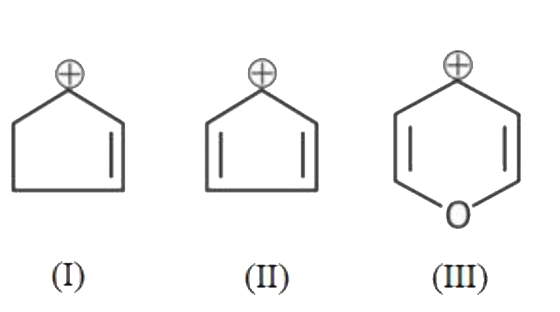Compared to a bull a bullock is docile because of
higher levels of cortisone
lower levels of blood testosterone
lower levels of adrenalin/noradrenalin in its blood
higher levels of thyroxin
The correct Answer is:B
Step-by-Step Solution:
1. Understanding the Terms:
- A bullock is a castrated male bovine, while a bull is an intact male. Castration involves the surgical removal of the testicles.
2. Role of Testes:
- The testes are responsible for producing testosterone, a hormone that plays a crucial role in the development of male secondary sexual characteristics, including aggression and dominance behaviors.
3. Effect of Castration:
- When a bull is castrated to become a bullock, the removal of the testes leads to a significant decrease in testosterone levels. This reduction in testosterone is linked to a decrease in aggressive behaviors.
4. Defining Docility:
- Docility refers to being less aggressive and easier to handle. In the context of livestock, docile animals are preferred for work and companionship.
5. Analyzing the Options:
- A. Higher level of cortisone: Incorrect. Cortisone is related to stress response and metabolism, not aggression.
- B. Lower levels of blood testosterone: Correct. The castration of the bullock results in lower testosterone levels, leading to increased docility.
- C. Lower level of adrenaline or non-adrenaline: Incorrect. These hormones are related to fight-or-flight responses and do not directly influence docility.
- D. Higher level of thyroxine: Incorrect. Thyroxine is related to metabolism and growth, not aggression or docility.
6. Conclusion:
- Therefore, the correct answer is that a bullock is more docile compared to a bull because of lower levels of blood testosterone.
---
- A bullock is a castrated male bovine, while a bull is an intact male. Castration involves the surgical removal of the testicles.
- The testes are responsible for producing testosterone, a hormone that plays a crucial role in the development of male secondary sexual characteristics, including aggression and dominance behaviors.
- When a bull is castrated to become a bullock, the removal of the testes leads to a significant decrease in testosterone levels. This reduction in testosterone is linked to a decrease in aggressive behaviors.
- Docility refers to being less aggressive and easier to handle. In the context of livestock, docile animals are preferred for work and companionship.
- A. Higher level of cortisone: Incorrect. Cortisone is related to stress response and metabolism, not aggression.
- B. Lower levels of blood testosterone: Correct. The castration of the bullock results in lower testosterone levels, leading to increased docility.
- C. Lower level of adrenaline or non-adrenaline: Incorrect. These hormones are related to fight-or-flight responses and do not directly influence docility.
- D. Higher level of thyroxine: Incorrect. Thyroxine is related to metabolism and growth, not aggression or docility.
- Therefore, the correct answer is that a bullock is more docile compared to a bull because of lower levels of blood testosterone.
Topper's Solved these Questions
- HUMAN HEALTH AND DISEASEBook:TRUEMEN BIOLOGY ENGLISHChapter:HUMAN HEALTH AND DISEASEExercise:MULTIPLE CHOICE QUESTIONS
Explore 209 Videos
- KINGDOM MONERA - KINGDOM OF PROKARYOTESBook:TRUEMEN BIOLOGY ENGLISHChapter:KINGDOM MONERA - KINGDOM OF PROKARYOTESExercise:Multiple choice question
Explore 150 Videos
Similar Questions
Knowledge Check
Offsprings of oviparous animal are at greater risk of survival as compared to those of viviparous animals because
Aproper embryonic care and protection is absentBembryo does not develop completelyCprogenies are of smaller sizeDgenetic variations do not occur.
The ionisation energy of hydrogen is high as compared to alkali metals because of
View SolutionCompare 45and56
View SolutionComparative study of skulls is
View SolutionAs compared to blood, human urine is
View SolutionCompare hydrogen and halogens on the basis of:
valency
View SolutionCompare the stability of following carbocations .

View SolutionA : Bulls not selected for breeding are castrated when young and converted to bullocks
R : They are the main source of animal drought power in India
View Solution

